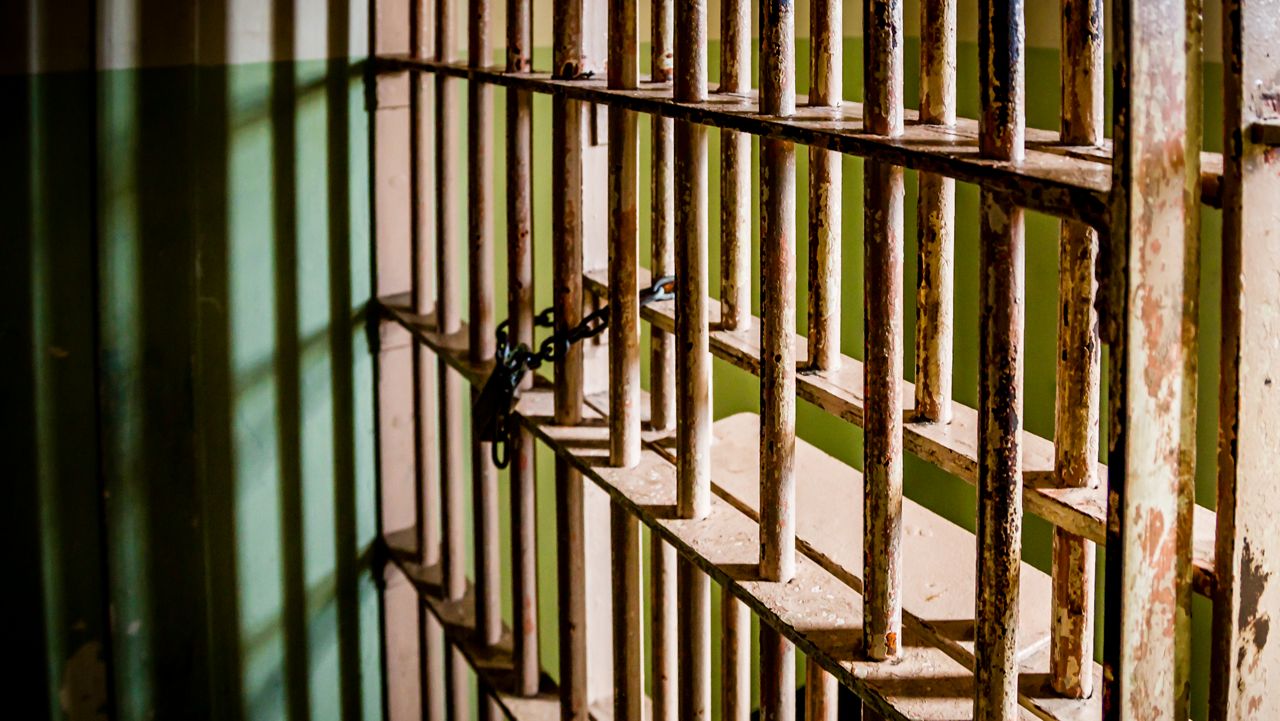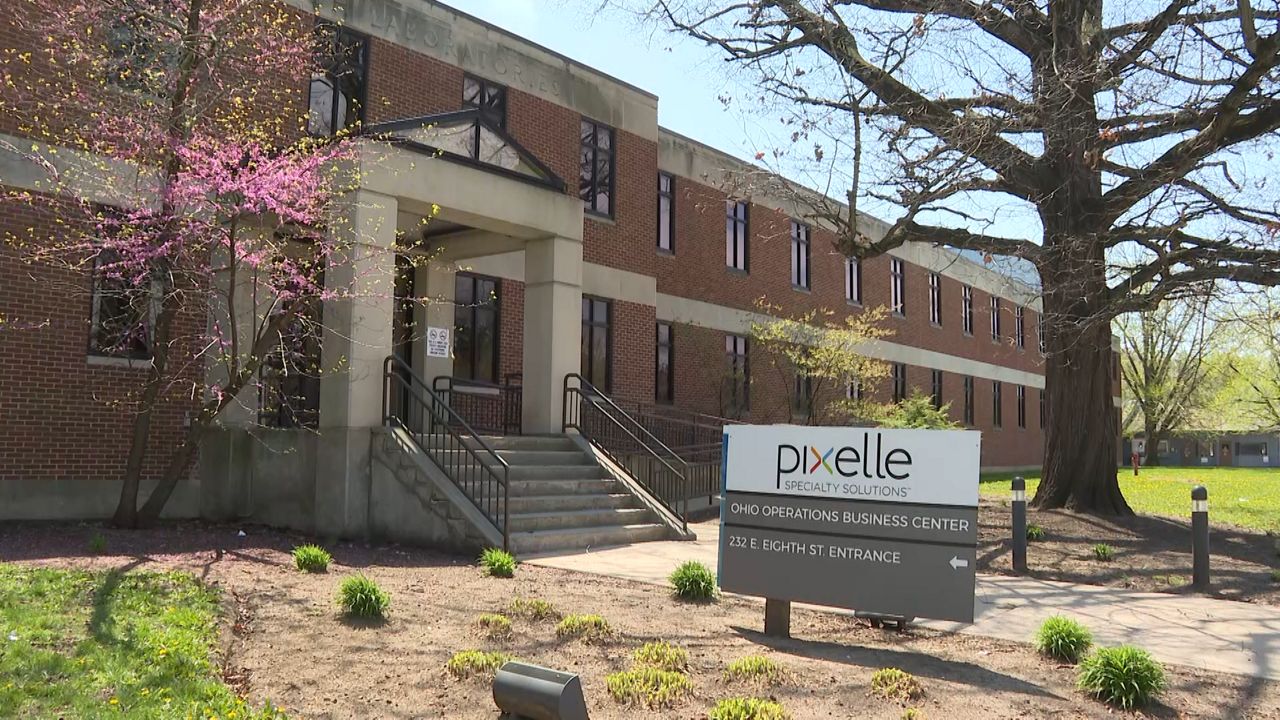COLUMBUS, Ohio — School districts across the state are calculating what they’ll miss in revenue if HB 1 were to pass the Ohio legislature and be signed by the governor.
What You Need To Know
- Districts across the state could lose anywhere from hundreds of thousands to millions of dollars
- Cuts in budgets would have to be considered in rural districts like Jackson City Schools
- Passing levies could be difficult as the current trend shows their passage rate is 30%
- Addressing growth with the help of levies to build new schools could present a problem for Olentangy Schools
HB 1 proposes changes to the state’s income tax structure along with a 10% rollback on property taxes. No official amendments to the bill have been submitted just yet. As educators wait to see what will happen in the legislature, Howard Fleeter, economist and consultant for the Ohio Education Policy Institute, said schools are most likely seeing the proposals as a five-alarm fire.
“From the standpoint of schools and local governments, I think it's lose-lose from the standpoint of local taxpayers. I think they're losing because their services are likely to get cut because of the loss of tax revenue. They're losing because their property taxes are going up and then they will gain because their income taxes are going down.”
Treasurers like Ryan Jenkins of Olentangy Schools said they’ll lose just over $2 million. He said it’s a small percentage of their $305 million general fund budget, which won’t cause them to consider making any cuts.
“Take what we would lose in the 10% credit and you net that against the increase that we're supposed to get through the funding formula, it shifts about $14.5 million back on to the local community," Jenkins said.
A little over an hour away toward Cincinnati is Jackson, Ohio. It’s a small rural community, where Jackson City Schools serves about 2,200 students compared to Olentangy’s more than 23,000 students. District officials say it’ll be challenging as a number of residents are farmers, all of whom will be affected by such legislation all while struggling to make their own revenue.
“The residential and the agricultural taxpayers are looking at picking up just for the school about $550,000 a year," said Treasurer Jared Bunting.
For the district, Bunting indicated that they’d lose $115,000 in the first year. Although it’s not a big dent in their budget, they have to figure out how to function with a deficit because of previous financial challenges.
“We're going to have to look at what we're going to do in order to balance our budget. So that includes increasing revenue or expenditure cuts. And we're in a situation where we're having to explore all options,” Bunting explained.
The potential money lost, Bunting said, can be equated to a school bus, a teacher or a counselor. They just added three new counselors with the help of federal dollars and to cut one would be a big loss.
For both districts, the idea of putting any additional levies on future ballots would be problematic. In Olentangy, the area continues to see major growth. This means the district has to keep up with meeting the demands of growth.
“We're already planning for Elementary 18 and 19. We're breaking ground on Elementary 17 here in the next couple of weeks. We're also contemplating and know that within the next seven to eight years that there could be the need for a new middle school and or a fifth High School,” Jenkins said.
Whether dealing with growth or just trying to balance the budget, treasurers and economists believe an increase in property taxes, even with a flat income tax rate of 2.75%, would make things worse. Jenkins, Bunting, and Fleeter said it would be hard to come back to the ballot box with a levy to ask residents for more money when 10% more would be flowing out of their pockets.
“Why not consider just simply the income tax cut?" said Jenkins.
Bunting is recommending updates be made to the base cost inputs from fiscal year 2018 to 2022 in the Fair School Funding formula, which he said would have a profound impact across the board. The other thought is for the state to look at its tax expenditures. Regardless, districts across the state are hoping for a turnaround sooner than later on HB 1 as it moves through the legislature.
Republican State Rep Adam Mathews, sponsor of the bill, said he's heard the concerns of school districts and is working with them to make sure they will not lose revenue from the proposed tax rollbacks.
He said lawmakers are looking at a transition fund for public schools and other government entities and that the tax changes will be a process that won't happen overnight.










